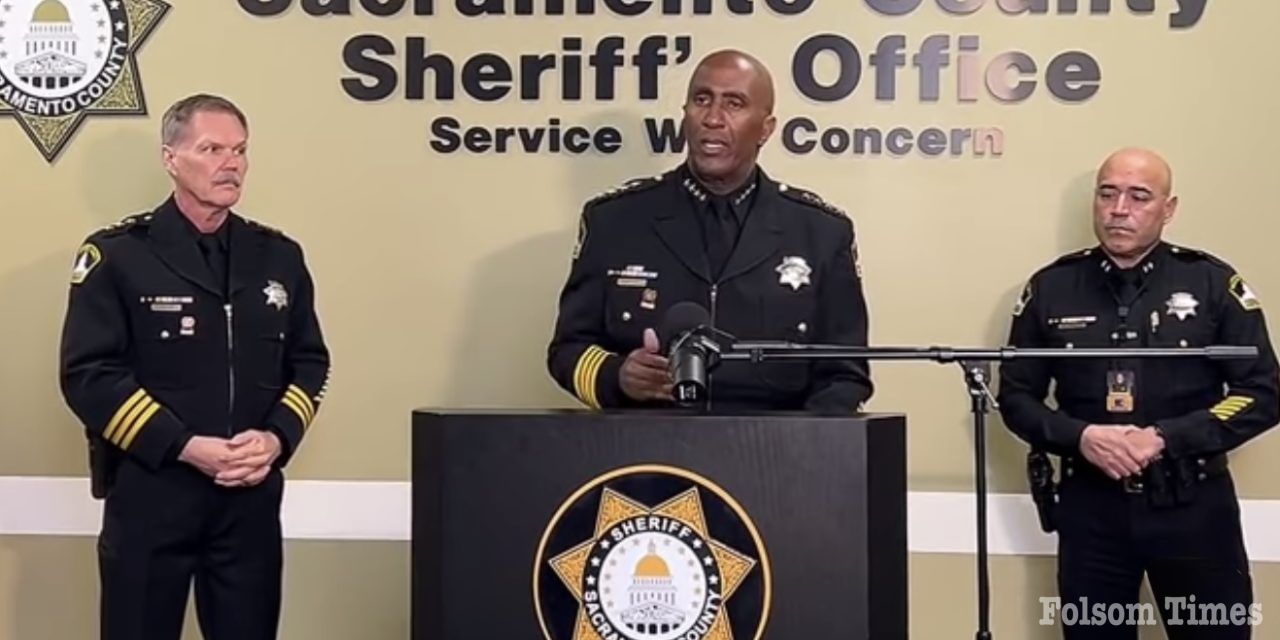Department Cites Court Ruling and Safety Concerns for policy change
The Sacramento County Sheriff’s Office announced Tuesday that deputies will no longer respond to mental health-related calls unless a crime is being committed, a significant shift in policy that Sheriff Jim Cooper says is necessary in light of a recent federal court ruling and longstanding concerns about the role of law enforcement in handling mental health crises.
“Being mentally ill is not a crime, and we can’t be the answer,” Cooper said during a press conference. “Law enforcement officers are not trained mental health professionals. We’re not psychiatrists or psychologists. We don’t deal with it. We’ve had minimal training at de-escalation.”
The decision comes after a July 2024 ruling by the Ninth Circuit Court of Appeals inScott v. Smith, which found a Las Vegas police officer liable for the death of a mentally distressed man after force was used in a non-criminal situation. The ruling removed qualified immunity for law enforcement in similar cases, leading Cooper to reexamine the department’s response policies.
“Our hands are tied,” he continued. “This court decision makes it clear that if we engage in these situations and something goes wrong, we are liable. That changes everything.”
Instead of dispatching deputies, calls related to mental health crises will now be directly transferred to the 988 Suicide and Crisis Lifeline, operated locally by WellSpace Health. Cooper emphasized that the move was not about shirking responsibility but about ensuring the right professionals handle these situations.
“We wear the badge, we carry the gun, we deal with crime—not mental health crises,” Cooper said in Tuesday’s press conference. For far too long, we’ve been expected to step into a role we were never trained for. It’s not fair to the people experiencing crises, and it’s not fair to law enforcement.”
Under the new policy, dispatchers will ask specific and direct questions to determine whether a criminal element is present before deciding whether deputies will be sent. Communications supervisors will also have the authority to decline fire department requests for law enforcement presence at non-criminal standby calls.
“For far too long, we’ve been asked to go to calls that aren’t criminal in nature,” Cooper said. “If it’s a criminal situation, we will be there. But when it’s not, there are other professionals who should be stepping in.”
Cooper also noted that the county’s behavioral health system needs more resources to properly handle mental health crises. He called on county leadership to invest in expanding mental health services, including mobile crisis response teams and additional crisis intervention specialists.
“If we really want to make a difference, we need to stop relying on law enforcement as a catch-all for every social issue,” Cooper said. “The county must prioritize funding for sufficient mental health resources. Until that happens, these situations will continue to fall on underprepared responders.”
The sheriff acknowledged that the decision would face backlash but remained steadfast, saying that it was the necessary next step.
“I know there will be criticism,” he said. “But at the end of the day, this is about doing what’s right. We have to stop treating mental health crises as law enforcement matters when they aren’t.”
As the policy takes effect, emergency responders and county officials continue to assess its impact, with concerns about first responder safety and the availability of adequate mental health support at the forefront of the discussion




